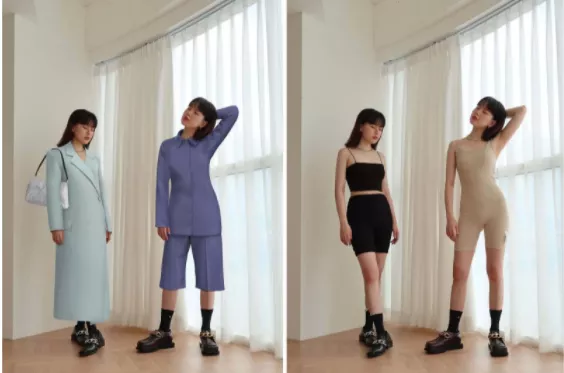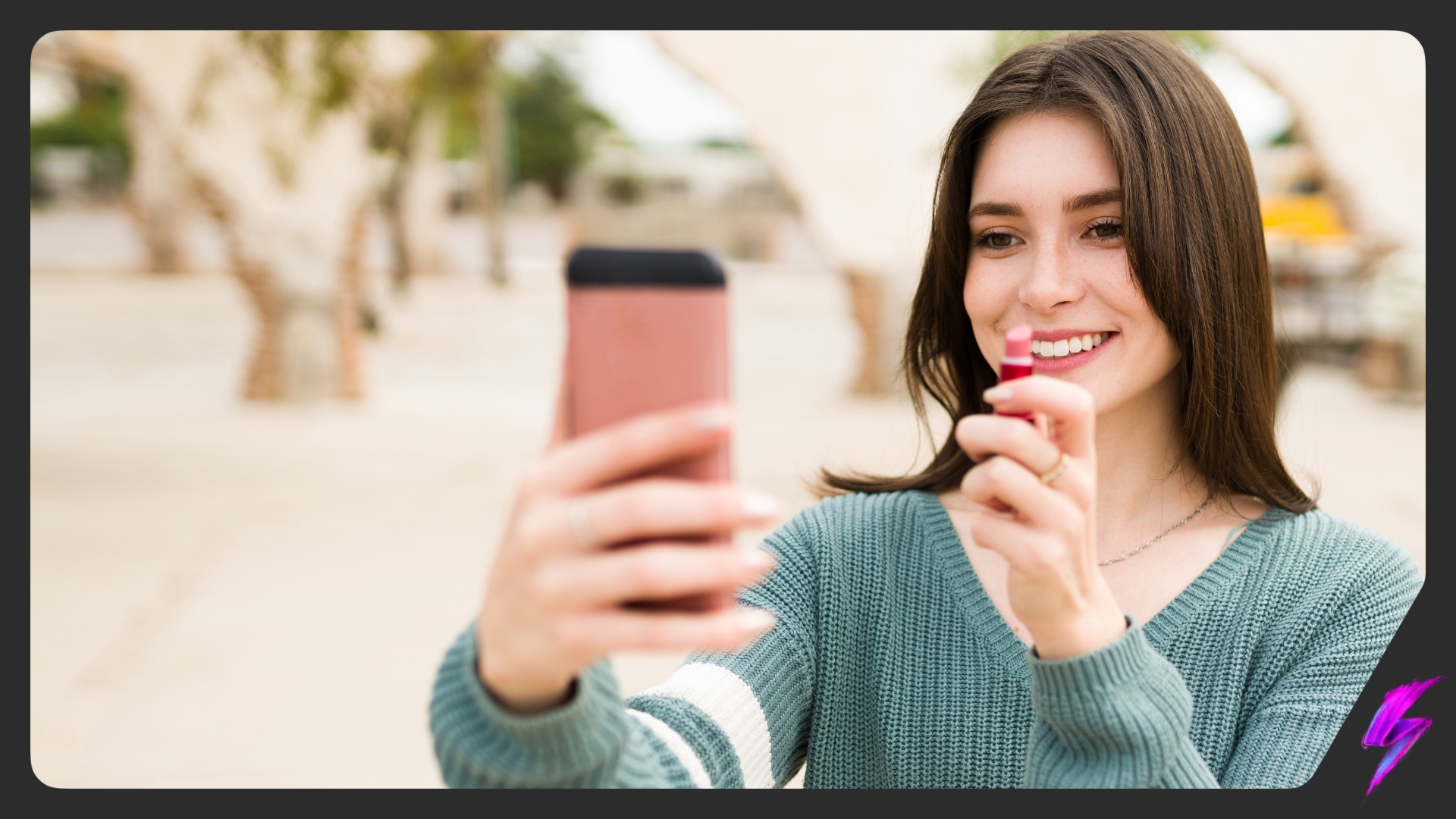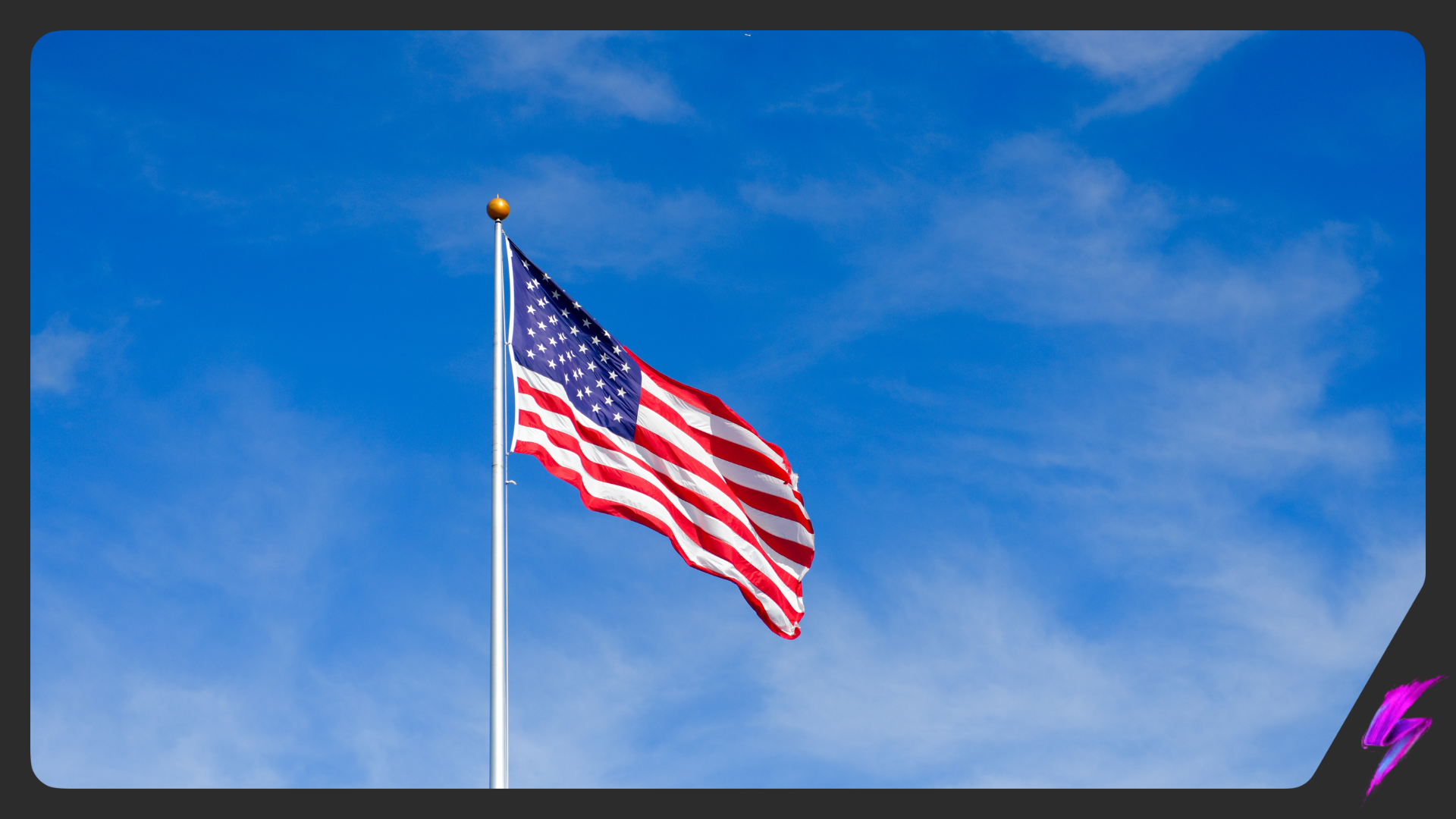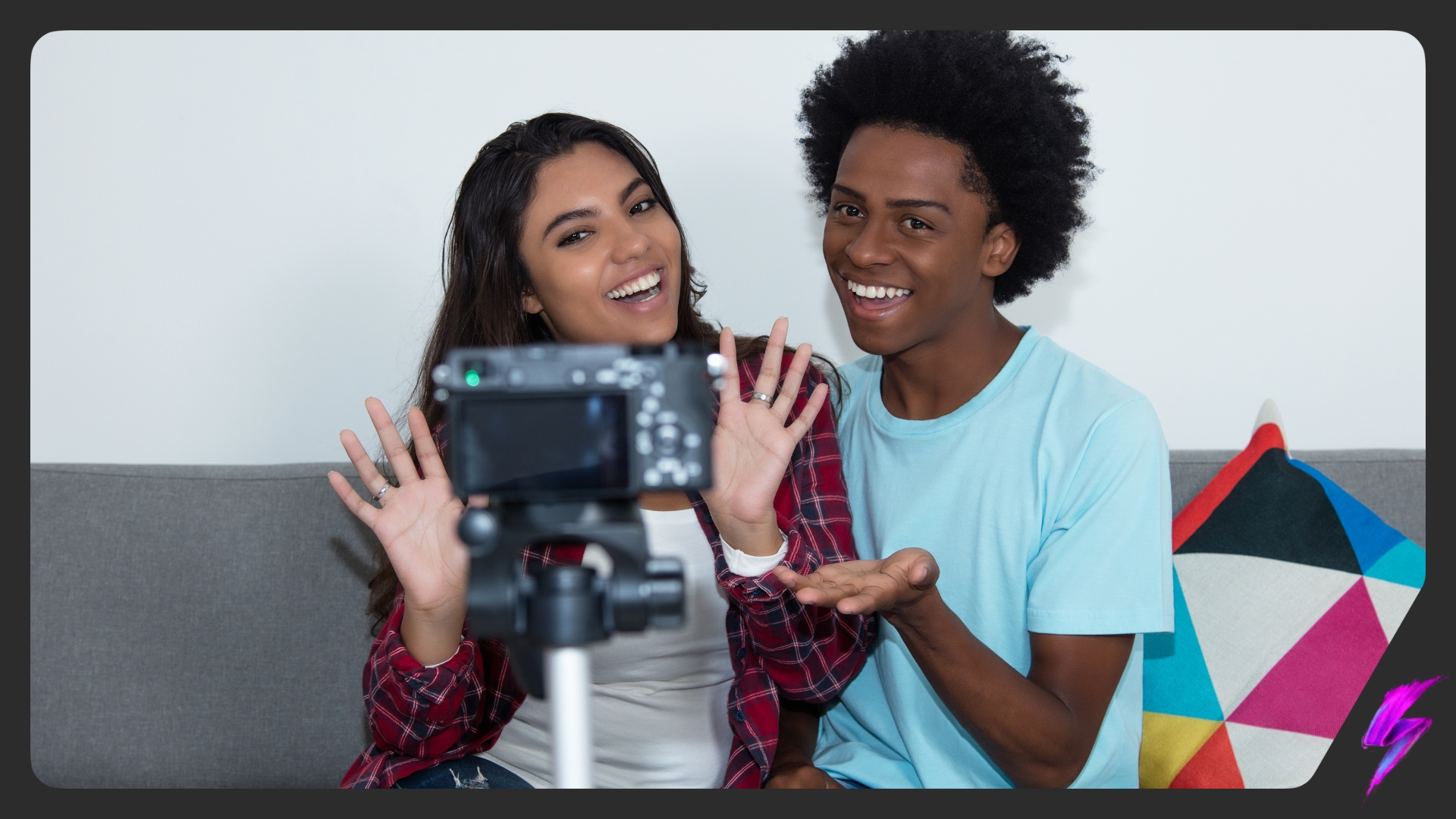The Future of Fashion is Digital
Oct 21, 2021
Social Commerce

Technology is developing at an incredible rate. With social media platforms offering in-app shopping, Facebook and Snapchat’s AR glasses, AR in retail stores and live shopping platforms, the Metaverse is creeping closer and closer with each incremental innovation. We’ll soon be spending a significant amount of time in the Metaverse, but we have one important question left: what should we wear?
Within the past couple of years, the fashion world has actively begun adopting AR and technology—from NFTs and digital garments to AR try-ons in retail to virtual shopping, now including virtual stylists.
The main way we interact with others nowadays is through digital. We instant message, voice call and video chat. We like, comment and watch livestreams. Living in an era of instant gratification, it’s unsurprising that our shopping experiences are taking a digital turn.
The rise of digital in retail
Livestream Shopping & Virtual Styling
The concept of blending entertainment with instant purchasing isn’t new—it’s been incredibly popular in China for the past few years. However, it is only just making its mark in the West. Livestream shopping is an immersive experience that keeps shoppers engaged for extended periods of time. The latest development in livestream shopping is the introduction of virtual styling.

Hero is a virtual styling platform. Brands can partner with the platform to provide text, chat and video styling assistance to their customers. Using the platform, brand teams can walk customers through key pieces in their physical stores to help identify the right items for the customer. Customers could ask real-time questions about the garments, return policies and even store availability for specific products.
Hero allows brands to seamlessly blend online and in-store experiences. Many brands—including Levi’s, rag & bone, Nike, and Chloé—have partnered with Hero and seen incredible results. As a result of real interactions between associates and customers, Hero can yield an incredibly high conversion rate of 20%, and for some stores, up to 88% of users make a purchase within 24 hours of a virtual styling session.

Having the ability to speak to potential customers in real time allows chosen associates (or stylists) to offer their expertise on products they handle day in, day out. A brand’s stylists have the best understanding of the brand’s product offering and can most accurately provide a solution to a customer’s fashion query; stylists can also invite customers in for a private, reserved fitting room session to try on the clothes they discussed in their styling sessions. This not only increases footfall, but the opportunity to create a completely unique and personal experience for customers, increasing the likelihood of conversion.
With the development of social commerce, it will be interesting to see whether digital styling will take its place on social media. TikTok and Instagram are leaders for in-app shopping, and with livestreaming capabilities where customers can purchase directly from a livestream, we could anticipate that influencers and brands may begin to offer virtual-styling services.
Virtual Try-ons
Virtual try-ons using AR are bridging the gap between traditional brick-and-mortar retail and ecommerce. This tech allows consumers to achieve an accurate sense of look and fit of fashion items before making a purchase, all from the comfort of their own homes—something that is increasingly appealing to consumers following COVID-19.
Sneaker and apparel resale brand GOAT launched an AR try-on feature within their app that allows shoppers to virtually try on sneakers. The brand implemented the feature to elevate the experience of discovery and to allow customers to see what some of the most exclusive trainers available would look like on their feet.
Shopify retailer Tenth Street Hats has implemented AR tech directly onto its ecommerce website, allowing shoppers to try on selected hats on mobile and desktop devices, without having to download an app. The AR works by superimposing a real-time image of the hat onto the user’s head.

The tool increased purchasing confidence significantly. For shoppers who engaged with the tech,the conversion rate increased by 52%. Data also showed that the longer a consumer engaged with the tool, the higher their average order value became.
The rise of digital fashion
Digital Clothing
A few years ago, if you suggested to customers they could buy an outfit that didn’t actually exist, you would have been laughed out the door. What’s the point in owning something that doesn’t exist? However, since the rise in popularity of cryptocurrencies and the consumer switch from a physical to digital mindset, the idea of digital fashion has become more accepted and even anticipated.
Many fashion brands have already bought into the concept of digital fashion by creating branded items Snapchat users and gamers can dress their avatars in—including Adidas, Levi’s, Gucci, Valentino and Burberry.

In more recent years, the fashion industry has been plagued with the issue of sustainability. As fast fashion brands have been boycotted and attacked for encouraging a disposable mindset and inflicting 10% of the world’s carbon emissions, the demand for digital fashion couldn’t have come at a better time; digital fashion could be the sustainable answer to fast fashion.
With supply chains in tatters thanks to COVID-19, and social media revealing the impoverished worker’s lifestyles and the sad truth behind many “ethical” brands, the appeal of digital fashion has grown. For as little as $35, consumers can have a unique digital garment photoshopped onto their selected photos, which they can then share on their social media profiles.
Digital fashion has no supply chain, no factories and no delivery delays. All digital fashion requires is a digital designer, a photo editor and a computer. With these three components, the expanse of digital fashion is limitless. Digital fashion presents the opportunity to be highly reactive to fashion trends, without any of the negative impacts of real fast fashion.
View this post on Instagram
Digital Fashion & Social Media
The popularity of digital fashion on social media is rising. Popular influencers have begun investing and posting their digital looks on social media and have been met with overwhelming positivity from their audiences.
In addition, Farfetch has become one of the first large retailers to rest digital sampling by dressing influencers in digital clothing to promote the launch of its pre-order offering from brands such as Balenciaga, Off-White and Oscar de la Renta.

Using digital clothing gives brands the opportunity to work with influencers in a new and exciting way, without having to send any physical products. This opportunity saves fashion brands of all sizes money and resources, all while generating a buzz on social media.
Our Influencer marketing agency and Social agency are located worldwide, with our agency network based in the USA, UK, UAE and China.
If you want to receive our industry insights, visit our Influencer Marketing & Social Media blog.
@ Socially Powerful
[cta]
Popular Blogs
Most Popular Instagram Hashtags | Tiktok Hashtags | Instagram Monetization | Facebook Banner Size | Snapchat Influencers | Most Subscribed Youtubers | Best Time to Post on Youtube | UK Twitch Streamers | Female Twitch Streamers | Popular Tiktok Songs | Male Tiktok Influencers | Lgbtq Tiktok Influencers | The Rise and Fall of Clubhouse | Influencer Marketing on Clubhouse | LiketoKnowit | Pretty Little Thing Instagram| Top Social Marketing Agencies
Social And Influencer Marketing News + Insights
Get in touch
We'll show you how to start powerful conversation, drive social engagement, build your brand, hit sales targets or meet other goals you have, wherever you are in the world.
Work with us





